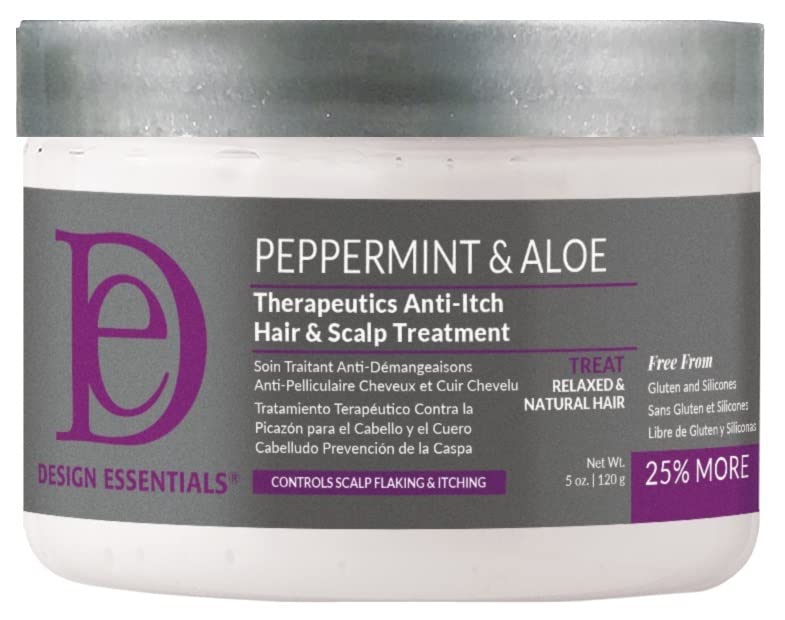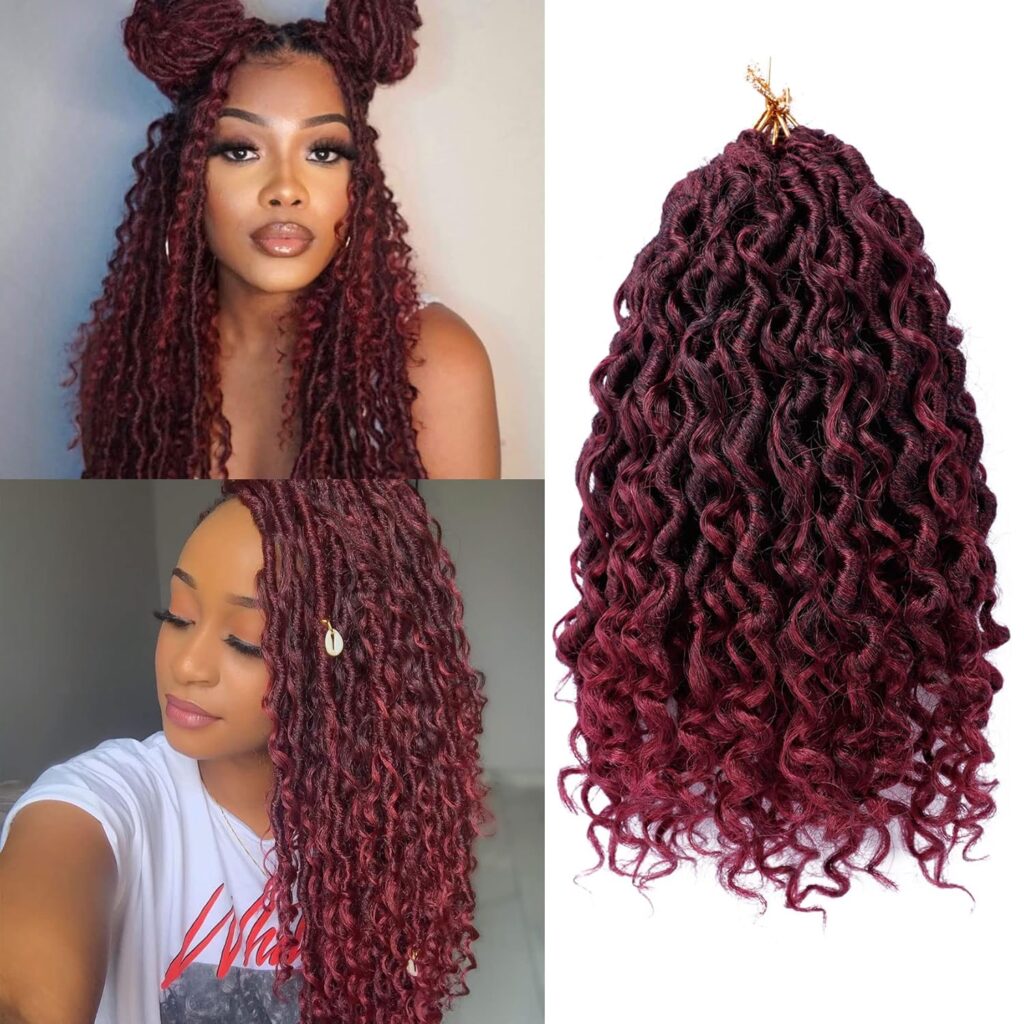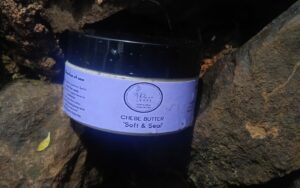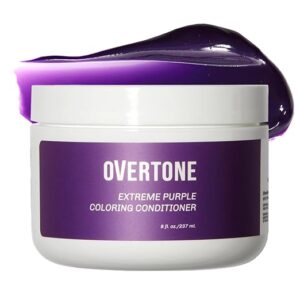Hey there, loc lover, Let’s talk about a common issue many of us face on our natural locs journey—itching and dry scalp. If you’ve ever felt the urge to claw at your roots or noticed flakes sprinkling onto your shoulders, you’re not alone. The good news? There are practical, tried and true ways to keep your scalp soothed and moisturized without compromising the health of your beautiful 4C natural locs.
How to Prevent Itchy Locs and Dry Scalp Fast.
Why Do Itching and Dry Scalp Happen With Locs?
Before we get to the solutions, it’s important to understand why these issues occur. Some common reasons include:
- Product Buildup: Heavy products like waxes and oils can accumulate on your locs and scalp, blocking pores and causing irritation.
- Dryness: 4C hair is naturally prone to dryness, and when locs form, the strands can lock away moisture, leaving your scalp thirsty.
- Lack of Regular Cleansing: Some people fear washing their locs too often, but this can lead to dandruff and an itchy scalp.
- Environmental Factors: Changes in weather or exposure to harsh climates can strip moisture from your scalp.
- Wrong Products: Using products with harsh chemicals, sulfates, or alcohol can dry out your scalp and irritate your skin.
- Tight Retwisting: Over-retwisting or using too much tension can irritate your scalp and cause discomfort.
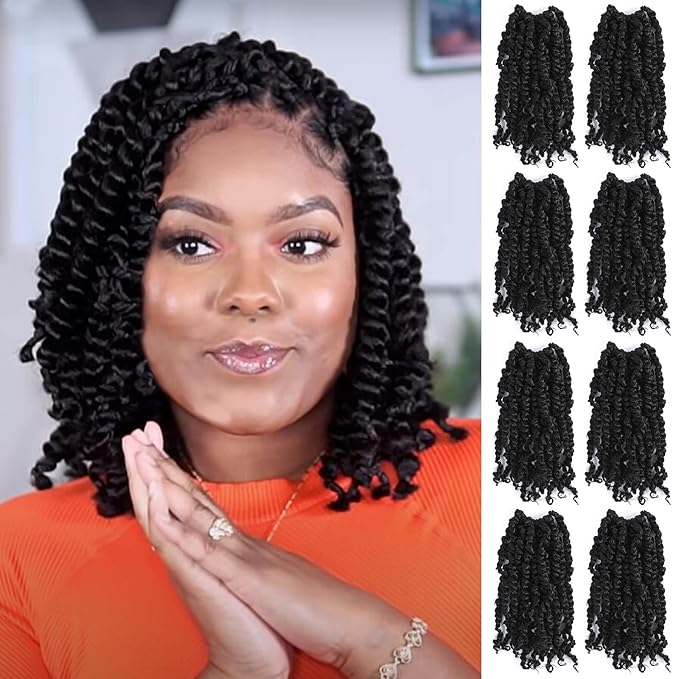
Dos and Don’ts for Preventing Itching and Dry Scalp
Let’s start with the basics. These simple dos and don’ts can make a world of difference:
Dos
- Wash Your Locs Regularly: Clean locs = happy scalp. Use a gentle, sulfate-free shampoo to cleanse your scalp without stripping it of natural oils. You can also use a clarifying shampoo one in a while for deep cleansing. Recommendation:
- Dr. Bronner’s Pure-Castile Liquid Soap: A natural, residue-free shampoo option that works wonders for locs.
- Shop Here
- Moisturize Consistently: Hydration is key for preventing dryness. Use lightweight oils like jojoba or rosehip to keep your scalp nourished. Recommendation:
- Cliganic Organic Jojoba Oil: 100% pure and perfect for scalp care.
- Shop Here
- Protect Your Locs at Night: Sleep on a satin or silk pillowcase or use a satin scarf to prevent your scalp from losing moisture overnight.
- Use a Loc-Friendly Mist: Spritz your locs with a hydrating mist to refresh your scalp between washes. You can make your own with water, aloe vera juice, and a few drops of essential oils.
- Massage Your Scalp: Stimulate blood flow and soothe irritation by gently massaging your scalp with your fingertips or a soft massage brush.
Don’ts
- Avoid Heavy Products: Steer clear of thick creams, waxes, and products with silicones that can clog pores and attract dirt.
- Don’t Over-Retwist: Allow your roots to grow freely between retwisting sessions to prevent tension-related scalp issues.
- Don’t Skip Hydration: Dry locs lead to a dry scalp. Hydrate your body and your hair by drinking plenty of water and using moisturizing products.
- Don’t Scratch Your Scalp: Scratching can lead to inflammation and even infections. Instead, address the root cause of the itch.
Step-by-Step Scalp Care Routine for Locs
1. Start With a Good Cleanse
A clean scalp is a healthy scalp. Wash your locs every 1-2 weeks with a gentle, residue-free shampoo. Clean your scalp with a clarifying shampoo if you notice build up on your scalp and hair. For less to no product build up, use a gentle cleanser or a moisturizing shampoo.
DIY Cleanser: apple cider vinegar diluted in water to balance your scalp’s pH.
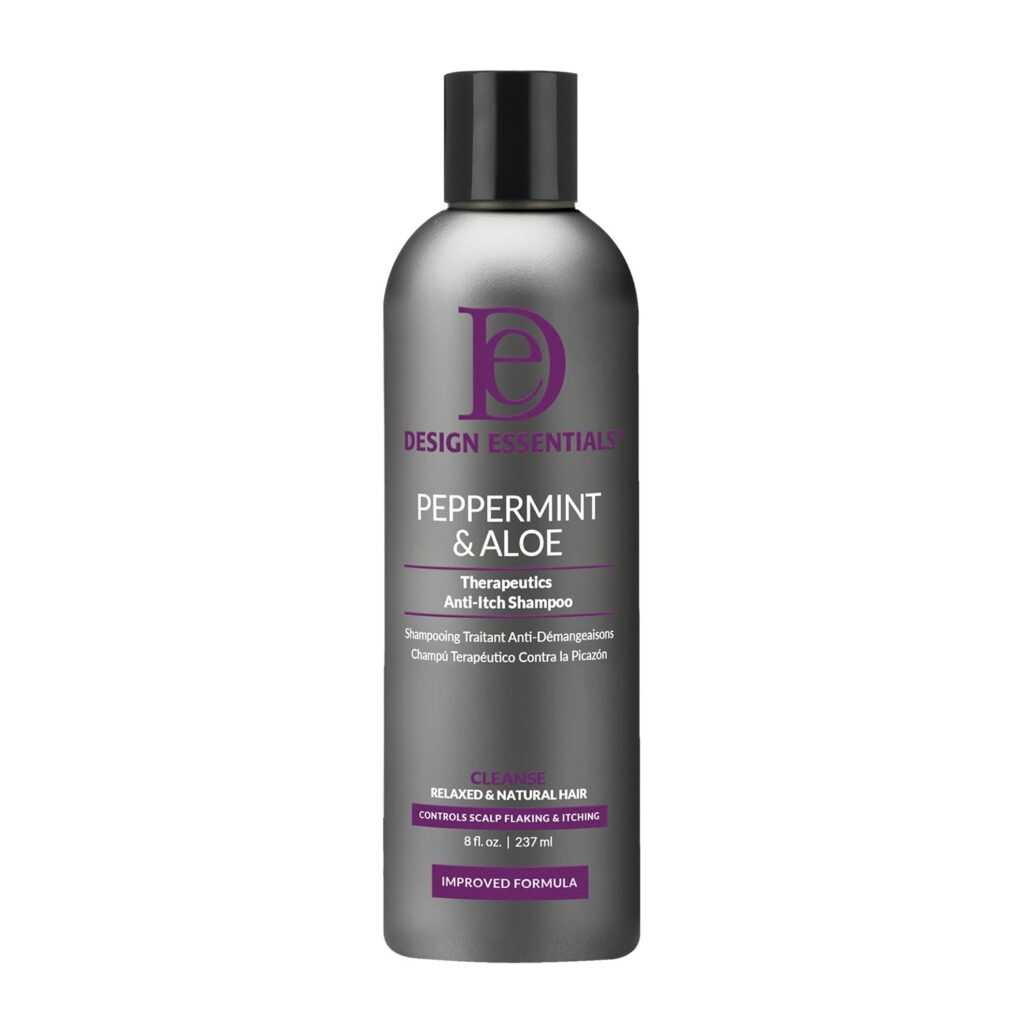
2. Moisturizing Your Locs
Moisturizing your locs helps lock in moisture and soothe your scalp. Use a lightweight, water-based leave-in conditioner to avoid buildup. Moisturizing keeps your hair soft, healthy and minimizes breakage.
Recommendation:
- Artnaturals Argan Oil Leave-In Conditioner: This leave in condiitioner will leave you with no grease and no residue.
- Shop Here
3. Hydrate Daily
Spritz your scalp and locs daily with a homemade moisturizing mist:
- 3/4 cup distilled water.
- 1/4 cup aloe vera juice.
- 5 drops tea tree oil (antibacterial and soothing).
- 5 drops lavender oil (calming).
For the not so into DIY queens, you can choose already formulated hydrating mists like Locsanity Daily Moisturizing Spray.
4. Oil Your Scalp
Seal in moisture with a natural oil that mimics your scalp’s sebum, like jojoba or argan oil. Use sparingly to avoid buildup. Give your scalp that growth stimulating massage after oiling. Also, before oiling your scalp, make sure you know how oily or rather how much sebum your scalp produces. For the scalp that produces lots of sebum, don’t oil or oil less to avoid itchy scalp.
Recommendation:
- Moroccanoil Treatment Light: A lightweight option for hydration.
- Shop Here
5. Protect Your Locs
Before bed, wrap your locs in a satin scarf or bonnet to retain moisture and prevent friction. If wrapping your head isn’t as comfortable for you, go for silk or satin pillowcases.
Herbal Remedies for Itchy, Dry Scalp
Natural herbs are a fantastic way to care for your scalp without relying on chemicals. Here are some DIY remedies:
1. Rosemary Scalp Rinse
Rosemary stimulates blood circulation to the scalp and fights itchiness. Find my blog post on how i make my rosemary rinse for my natural hair.
- Boil fresh rosemary leaves in water.
- Let it cool and use as a rinse after shampooing.
2. Aloe Vera Gel
Aloe vera is a natural moisturizer with anti-inflammatory properties. For natural hair queens, you can also use aloe vera gel as a detangler, it gives the best slip to detangler matted hair. Here is a blog post on how I make my aloe vera gel at the comfort of my home.
- Apply fresh aloe vera gel directly to your scalp.
- Let it sit for 15 minutes before rinsing.
Recommendation:
- Seven Minerals Aloe Vera Gel: Pure and organic for scalp care.
- Shop Here
3. Tea Tree Oil Treatment
Tea tree oil is antibacterial and antifungal, making it perfect for soothing an itchy scalp.
- Add a few drops of tea tree oil to your carrier oil (like coconut or jojoba). When it comes to using essential oils, always add carrier oils. Don’t use essentials oils on their own.
- Massage onto your scalp and leave overnight.
Recommendation:
- Handcraft Tea Tree Essential Oil: High-quality and versatile.
- Shop Here
Quick Fixes for Immediate Relief
If you’re in the middle of an itch attack, try these quick solutions:
- Use a Cooling Spray: Spritz your scalp with rose water for instant relief.
- Apply Peppermint Oil: Mix a drop of peppermint oil with a carrier oil and massage onto your scalp. The cooling sensation will calm the itch.
- Try a Scalp Serum: Look for products designed specifically for itchy scalps, like tea tree-based scalp serums.
Recommendation:
- Design Essentials Peppermint & Aloe Soothing Scalp Tonic: Perfect for calming irritation.
- Shop Here
Pro Tips for Maintaining a Healthy Scalp
- Stay Hydrated: Drink plenty of water to keep your scalp and locs hydrated from within.
- Eat a Balanced Diet: Nutrient-rich foods like leafy greens, nuts, and fish provide the vitamins your scalp needs.
- Limit Heat and Chemicals: Avoid overusing heat tools or harsh chemical treatments that can dry out your scalp.
- See a Trichologist: If scalp issues persist, consult a professional for personalized advice.
Final Thoughts
Caring for natural locs doesn’t have to mean sacrificing scalp health. With the right products, routines, and a little TLC, you can keep your 4C locs thriving and your scalp itch-free. Remember, curlfriend, your locs are a crown—wear them with pride and confidence. Let’s keep the conversation going! Share your favorite tips and remedies for scalp care in the comments below.

